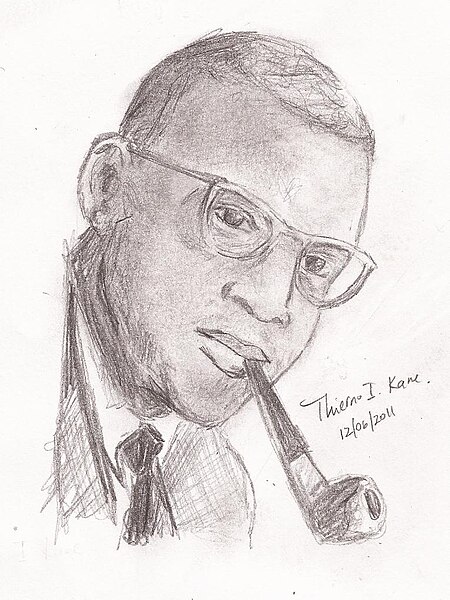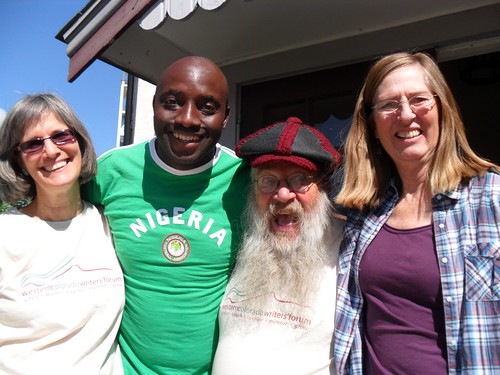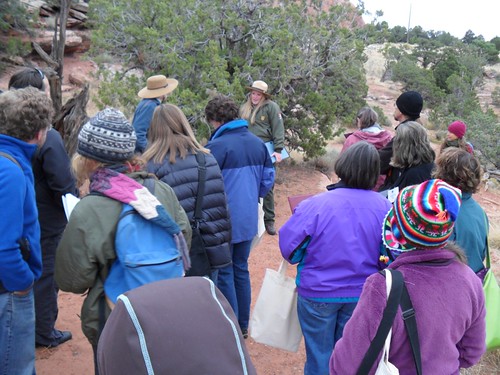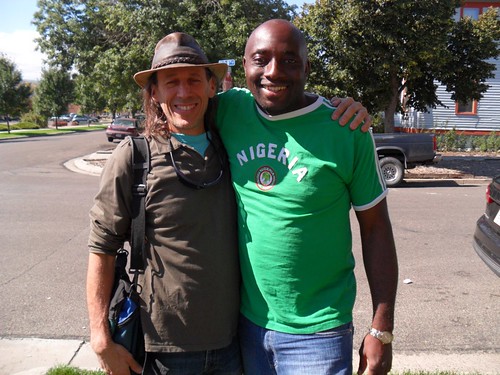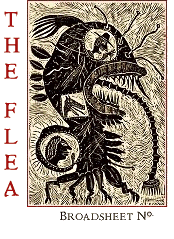[Crossposted with the Kin blog]
Yesterday David Orr of NPR blogged, "It's A Genre! The Overdue Poetry Of Parenthood," in which he suggested that poetry celebrating childbirth and early infancy has ben historically rare, but is emerging as a new genre. Maryann Corbett, poet and author of Breath Control, mused on FaceBook that she thought there have long been a fair number of new-baby poems, leading to an interesting conversation on her wall. I've gathered up some of the poems that were brought up in the thread and elsewhere.
I'll start with Corbett's own "Circadian Lament, Sung to a Wakeful Baby,"(Umbrella Journal) which was linked by one of her friends, not the poet herself.
Go back to sleep. You’ve made a slight mistake
switching your days and nights around this way.
The time will come for nights you spend awake,
for cough and colic, ear- and stomach-ache.
Though now you babble charmingly and play
the infant hours away (a light mistake), …
I mentioned Catherine Tufariello's "Aubade" (The Nervous Breakdown).
Your language has no consonants.
No babble but a siren’s cry,
Imperious as an ambulance,
Yanks me upright, drains me dry,
Returns me to the languid trance
Of timelessness in which we lie.
Your language has no consonants,
Imperious as an ambulance.
Kin Poetry Journal co-founder Wendy Chin-Tanner ups the ante by touching on all the brute biology of birth, including post-partum marital sex, in "Veteran", also in The Nervous Breakdown.
When our bodies parted, it was without
violence. She slid from me like a sloop
on the crest of that final mighty wave,
the surge sucking her backwards before
spilling over, like breath, like confession,
her arms reaching forward towards the dry
open shore and mine reaching down between
my legs to receive, meeting her, round bright
bud of us combined, her astonishing
glaucous eyes staring steadily,
curiously, seeming to see.
A correspondent mentioned "The Victory" by Anne Stevenson, a taut, sharp lyric.
Tiny antagonist, gory,
blue as a bruise. The stains
of your cloud of glory
bled from my veins.
Some of the discussion was about whether such poems are a new phenomenon. I suspect some of the explicit imagery and language of recent poems is new, but the topic certainly is not, though the article seems tangled upon this point, mentioning, for example, Blake's "Infant" poems from "Songs of Innocence and of Experience." That brought me to mind of the twist represented by To an Unborn Pauper Child by Thomas Hardy. Every good poetic topic wants for a strong, countervailing current.
Breathe not, hid Heart: cease silently,
And though thy birth-hour beckons thee,
Sleep the long sleep:
The Doomsters heap
Travails and teens around us here,
And Time-Wraiths turn our songsingings to fear.
The list could go on and on. One of the correspondents mentioned A.E. Stalling's Olives, which includes poems on early motherhood, and the NPR article itself mentions Morning Song: Poems for New Parents. The latter of course recalls "Morning Song," by Sylvia Plath, one of my favorite poems.
Love set you going like a fat gold watch.
The midwife slapped your footsoles, and your bald cry
Took its place among the elements.
Our voices echo, magnifying your arrival. New statue.
In a drafty museum, your nakedness
Shadows our safety. We stand round blankly as walls.




